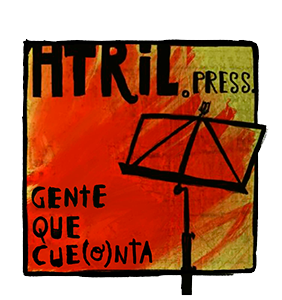
When Europeans first landed on what would become known as Easter Island in 1722, there wasn’t a single tree to be seen. Although, it became apparent that the island had once been a luxuriant quilt of forest and foliage.
The islanders had begun cutting down the trees to use the trunks to roll the giant statues called Moai across the island from the stone quarries to the sea. They hauled the effigies upright and placed them in melancholic rows on the coast as if waiting for ships to come. Or, perhaps, the return of alien spacecraft, as Erich von Daniken speculated in his book ‘Chariots of the Gods.’
The islanders used the wood to build canoes, cook food and cremate their dead. They slashed through the forest as if the resource was infinite and kept cutting down the trees until none were left. Why one of the elders didn’t mention this and hang on to the last few trees, plant again, start again, is impossible to speculate. It’s what humans do.
When the last of the canoes were lost at sea, they were unable to fish. Most of the population starved to death. The appearance of explorers and botanists on this remote speck of Polynesian rock that Easter Sunday in 1722 was one of the few occasions in history when it was beneficial to the indigenous people. The Gods in the shape of the Moai had answered their prayers and the surviving islanders converted to Christianity.

He met actress Carol White in Hollywood and wrote her memoirs, Carol Comes Home. It was the first of a dozen books as a ghostwriter, including the Sunday Times bestseller Today I’m Alice – the story of multiple personality disorder survivor Alice Jamieson. His lates book, How to Rob the Bank of England, will be published in September 2024.
www.cliffordthurlow.com
